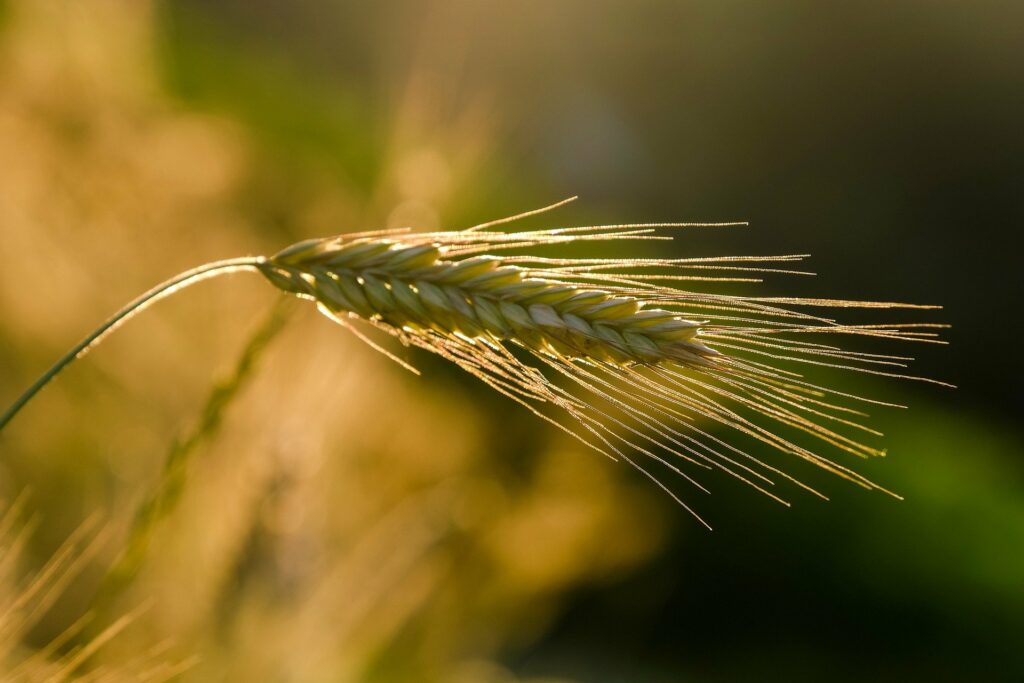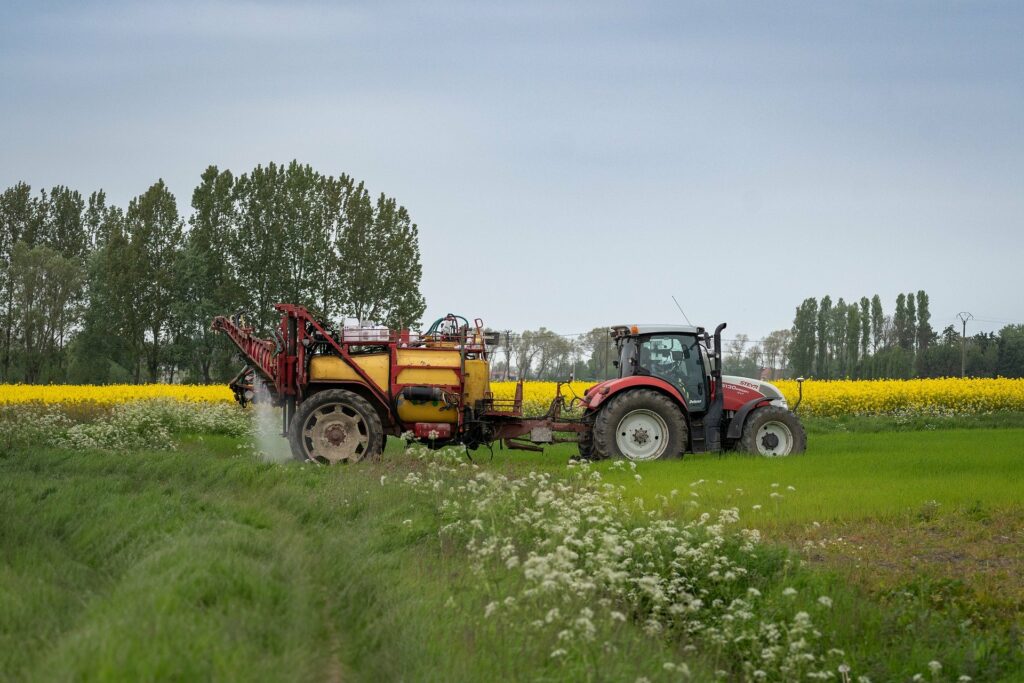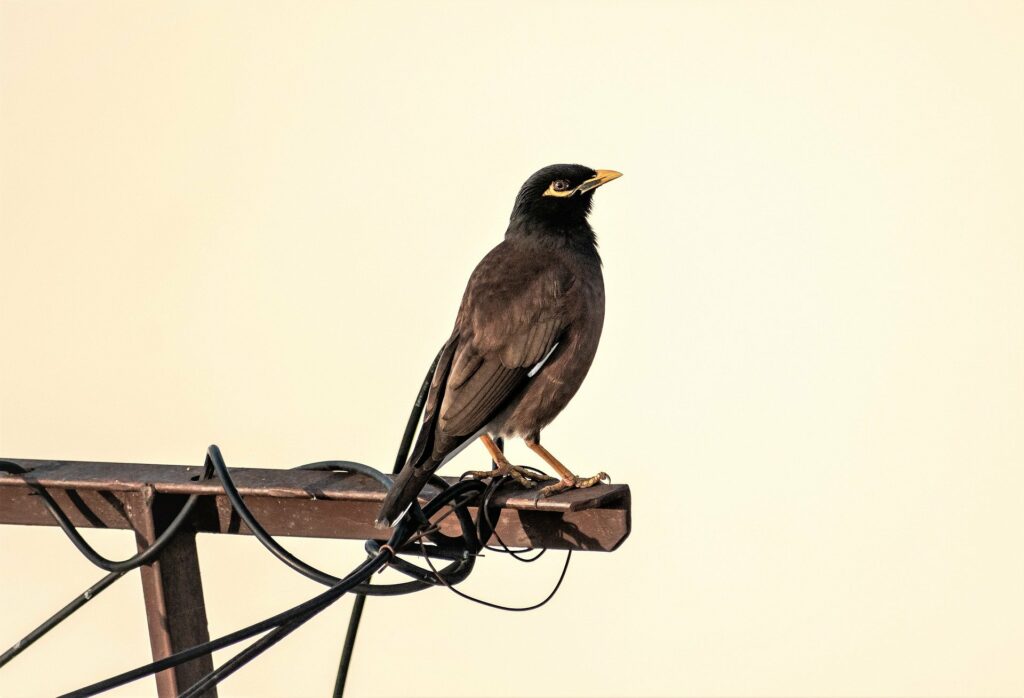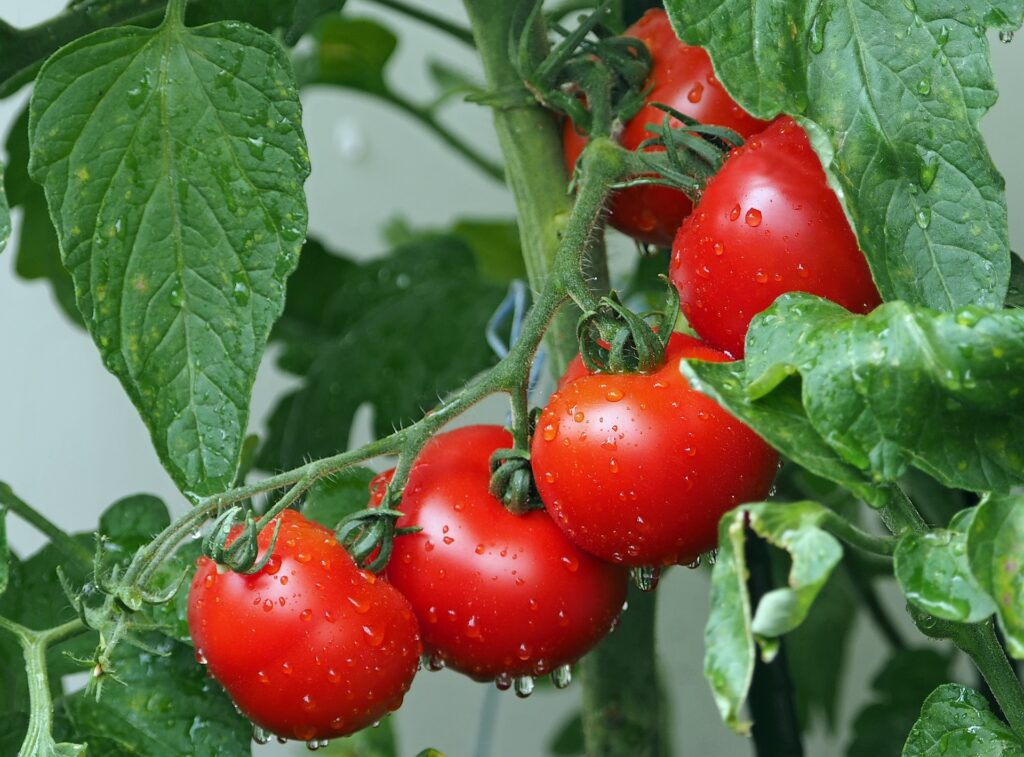Pesticide sprayers are indispensable tools in modern agriculture, crucial for protecting crops from pests and diseases. As agriculture becomes more intensive and technology-driven, pesticide sprayers have evolved to become more efficient and effective. In India, where agriculture is a significant part of the economy and food security, understanding the role of pesticide sprayers is vital for optimizing crop protection and ensuring sustainable farming practices.
What is a Pesticide Sprayer?
A pesticide sprayer is a device used to apply pesticides, herbicides, and fungicides to crops. These chemicals help control pests, weeds, and diseases that can adversely affect crop yields. Pesticide sprayers come in various types, including manual, motorized, and tractor-mounted versions, each designed for specific applications and scales of operation.

Types of Pesticide Sprayers
Handheld Sprayers: These are manual sprayers operated by hand. They are suitable for small-scale farming and gardens. Handheld sprayers are easy to use and affordable, but they require significant labor and may not be suitable for larger areas.
Knapsack Sprayers: Designed for medium-scale farming, knapsack sprayers are worn on the back and operated using a hand pump. They are more efficient than handheld sprayers and are commonly used for applying pesticides on vegetables and fruit crops.
Motorized Sprayers: These sprayers are powered by engines and are suitable for larger farms. They offer higher efficiency and coverage compared to manual sprayers. Motorized sprayers can be backpack models or mounted on vehicles.
Tractor-Mounted Sprayers: These sprayers are attached to tractors and are used for large-scale farming operations. They provide extensive coverage and are capable of spraying large areas quickly. Tractor-mounted sprayers can be equipped with advanced features like GPS and automated controls for precise application.
Aerial Sprayers: Used for very large farms or plantations, aerial sprayers are aircraft that dispense pesticides over extensive areas. They are useful for crops that are difficult to reach by ground equipment.

Benefits of Pesticide Sprayers
Effective Pest Control: Pesticide sprayers allow for precise and efficient application of pest control chemicals, helping to manage pest populations and protect crops from damage.
Increased Crop Yields: By controlling pests and diseases, pesticide sprayers contribute to healthier crops and higher yields, which are essential for food security and farmer income.
Time Efficiency: Sprayers speed up the process of pesticide application, allowing farmers to cover larger areas in less time compared to manual application methods.
Uniform Application: Modern sprayers ensure a consistent and uniform distribution of pesticides, reducing the risk of overuse or underuse, which can affect crop health and environmental safety.

Challenges and Considerations
Health and Safety: Proper handling and use of pesticide sprayers are essential to avoid health risks for farmers. Protective gear and training are crucial to prevent exposure to harmful chemicals.
Environmental Impact: Overuse or improper application of pesticides can lead to environmental issues, such as contamination of soil and water. Integrated Pest Management (IPM) practices should be adopted to minimize environmental impact.
Maintenance and Costs: Pesticide sprayers require regular maintenance to ensure optimal performance. The initial cost and ongoing maintenance can be significant, especially for advanced models.
Skill Requirements: Effective use of pesticide sprayers requires training and knowledge of proper application techniques. Farmers must be educated on calibration, mixing, and safety procedures.

Government Initiatives and Support
The Indian government has recognized the importance of safe and effective pesticide use and has implemented several initiatives:
Pesticide Management Bill: The bill aims to regulate the sale, use, and disposal of pesticides to ensure safety and effectiveness. It includes provisions for quality control and farmer education.
National Institute of Plant Health Management (NIPHM): NIPHM provides training and resources for effective pest management, including the use of pesticide sprayers and safety measures.
Subsidies and Schemes: The government offers subsidies and financial support for purchasing modern agricultural equipment, including pesticide sprayers, to enhance productivity and sustainability.

The Future of Pesticide Sprayers in India
The future of pesticide sprayers in India involves advancements in technology, such as precision agriculture and smart sprayers that use sensors and GPS for more accurate application. Innovations in eco-friendly pesticides and alternative pest control methods will also play a role in reducing the environmental impact of pesticide use.

Conclusion
Pesticide sprayers are a crucial component of modern agriculture, providing effective and efficient pest control solutions. While they offer numerous benefits, including increased crop yields and time efficiency, it is essential to address challenges related to health, safety, and environmental impact. With continued innovation and support, pesticide sprayers will remain an essential tool in achieving sustainable and productive agriculture in India.